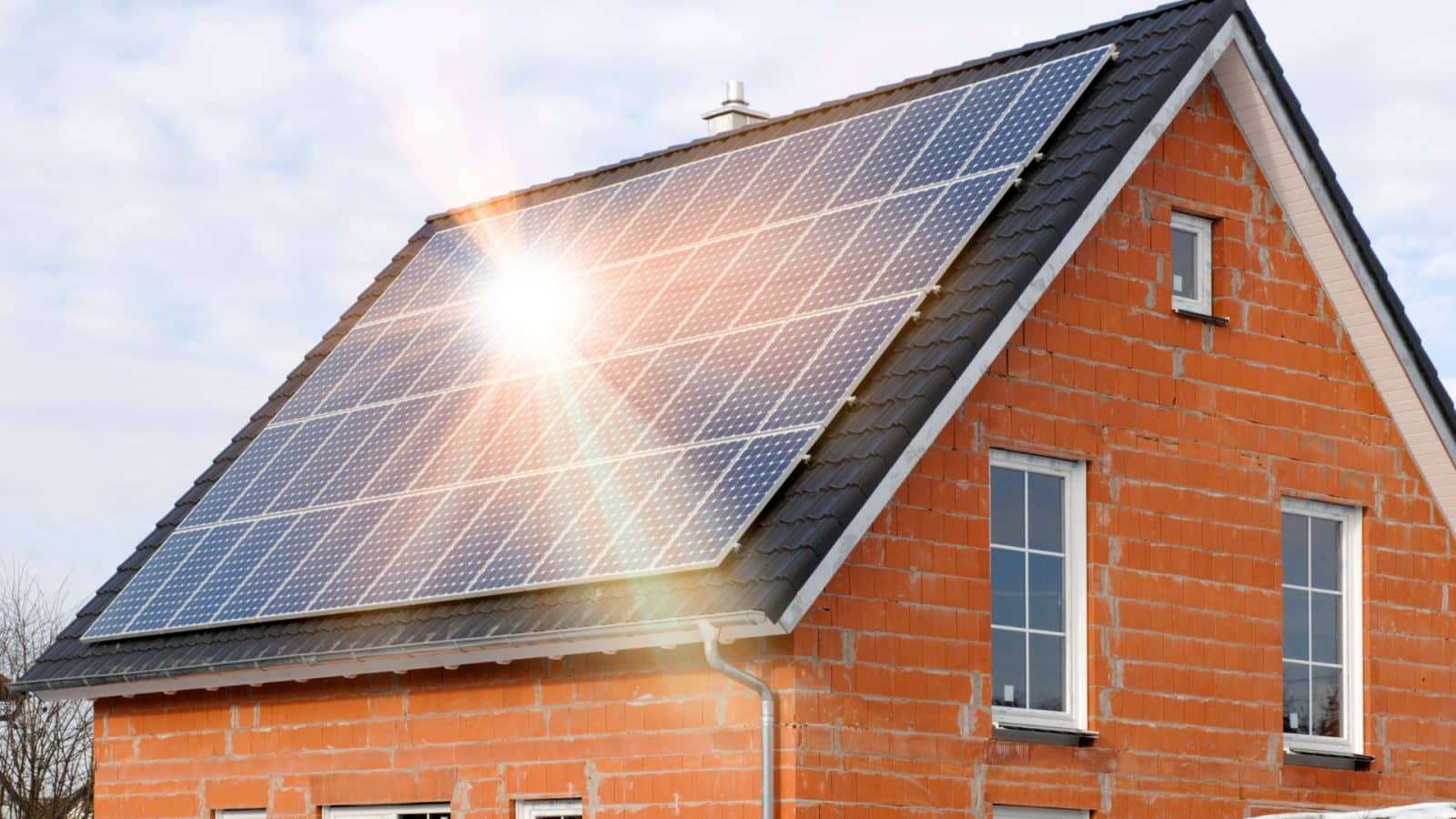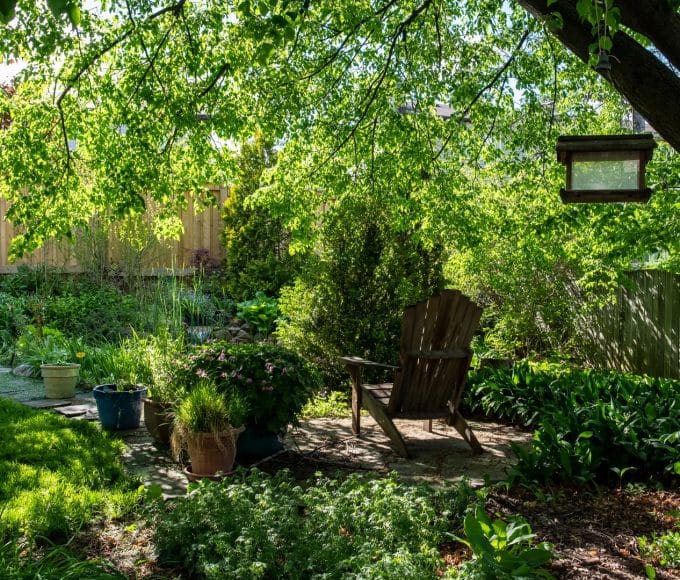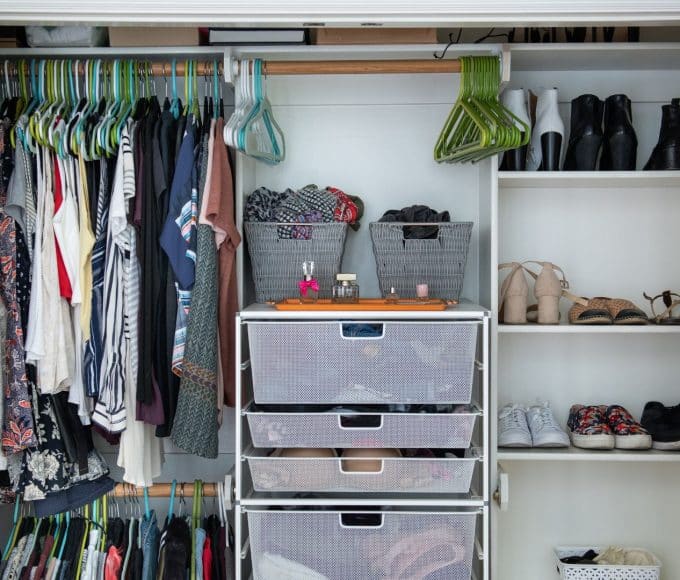Switching to solar energy feels like a win for your wallet and the planet. You install those sleek panels on your roof, watch your electricity bills drop, and feel good about reducing your carbon footprint. However, as with any home improvement, solar panels raise questions that don’t always get answered up front. How long will they last? What happens when they stop working? And what do you do with them once they’ve outlived their usefulness?
Understanding what homeowners should know about solar panel lifespan helps you make smarter decisions about your investment. Knowing what affects their longevity and how to handle end-of-life disposal keeps your green energy choice genuinely green.
How Long Do Solar Panels Actually Last?
Most manufacturers guarantee solar panels for 25 years, though many continue generating electricity well beyond that timeframe. The catch? They don’t maintain peak performance forever. After about 25 years, most panels operate at roughly 80 percent of their original capacity. That means your panels still work, producing power at a reduced rate.
Environmental conditions influence how quickly panels degrade. Severe weather events such as heavy snow, high temperatures, or frequent hail can accelerate their aging. Coastal areas subjected to salty air tend to see faster deterioration than drier, milder regions. Consistent maintenance, including removing debris and checking for damage, can help extend their operational life.
What Causes Solar Panels to Degrade?
Solar panels are exposed to elements that can degrade their performance. Microcracks from temperature changes lower efficiency. UV rays break down coatings, and dust blocks sunlight. Inverters, which convert DC to AC, often need replacement after 10-15 years, even as panels last decades. Budgeting for inverter replacement ensures system efficiency.
Can You Extend Your Solar Panels’ Lifespan?
Proper care makes a difference. Scheduling annual inspections catches problems early, from loose wiring to cracked panels. Cleaning your panels a few times a year removes dirt and debris that block sunlight. In regions with heavy snowfall, gently clearing snow prevents excessive weight from damaging the panels.
Monitoring your system’s performance through your inverter or app alerts you to sudden drops in energy production. A noticeable decrease might signal a malfunctioning panel or electrical issue requiring professional attention. Addressing problems promptly prevents minor issues from becoming costly repairs.
What Happens When Solar Panels Reach the End of Life?
When panels stop producing enough energy, you face disposal decisions. Throwing them in the trash creates environmental problems because older solar panels can be hazardous waste. Panels contain materials like cadmium and lead, which can leach into soil and water if not handled properly. Responsible disposal protects both your community and the environment.
Recycling offers the best solution. Specialized facilities recover valuable materials like silicon, aluminum, and silver from old panels. Though recycling infrastructure remains limited in some areas, more programs are emerging to handle solar panel waste. Contacting your installer or local waste management provider helps you find recycling options in your area.
Planning for the Future
Knowing what homeowners should know about solar panel lifespan empowers you to maximize your investment while minimizing environmental impact. Solar panels deliver decades of clean energy, though their efficiency wanes over time. Regular maintenance extends their life, and responsible disposal at the end keeps harmful materials out of landfills. By planning for both upkeep and eventual replacement, you keep your solar energy system working effectively for years to come.
Recommended Reading: What To Know When Installing Solar Panels for the First Time













